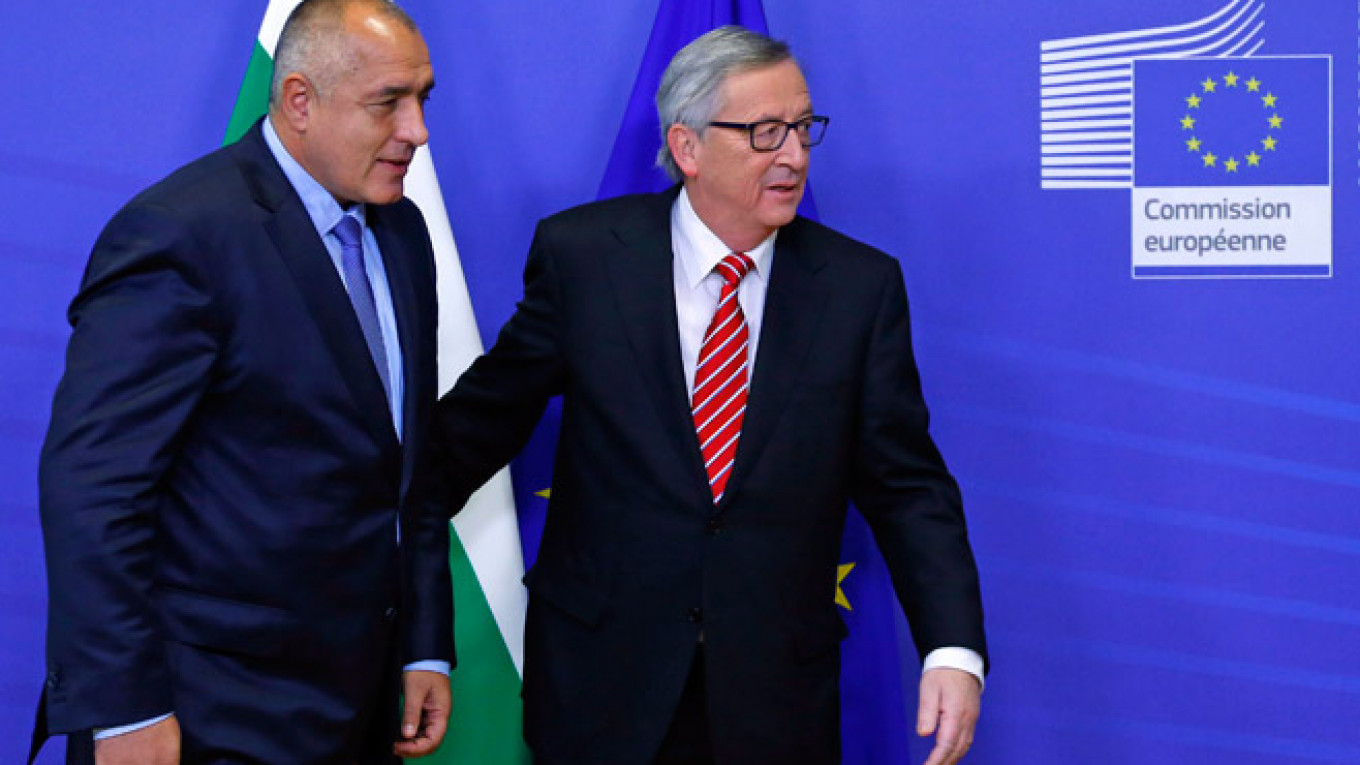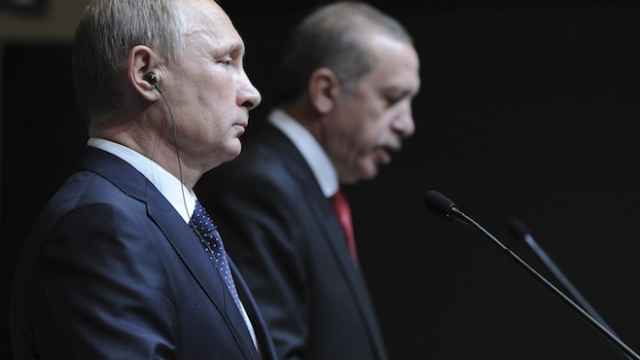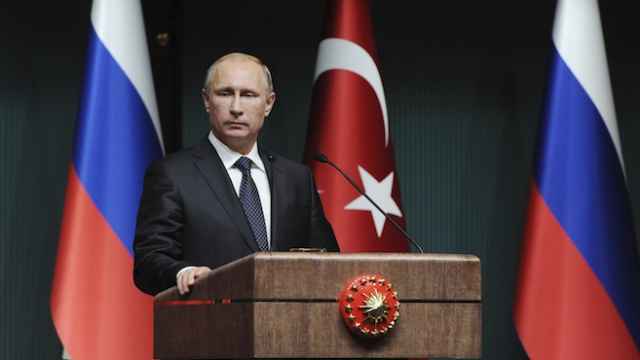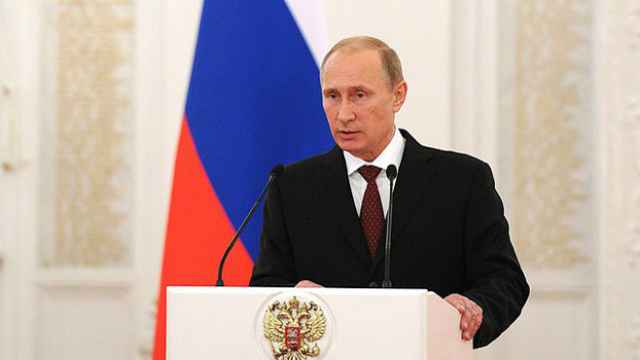BRUSSELS — European Commission President Jean-Claude Juncker has insisted the $40 billion South Stream natural gas pipeline can still go ahead and accused Russia of holding EU-member Bulgaria to ransom when it said it had abandoned the project.
Speaking after talks with Bulgarian Prime Minister Boyko Borisov, whose country South Stream would traverse making it a major beneficiary, Juncker rebutted Russia's statement that EU competition rules had killed it.
He told reporters issues relating to the pipeline were not insurmountable and he was working with Bulgaria to address them.
Russia said Monday that it had abandoned the pipeline, which would have bypassed Ukraine, Gazprom's traditional transit route for Russian gas, citing EU competition requirements for a pipeline's ownership to be divorced from its cargo. It said it was working on an alternative route via Turkey.
Juncker accused Moscow of blackmailing Bulgaria, which retains strong political and economic ties with Moscow and is almost entirely dependent on Russia for its gas.
"I am not accepting the simple easy idea that Bulgaria can be blackmailed as far as these energy relations are concerned," Juncker said.
"We'll take … all the necessary steps to make sure that our relations with Russia will be improved, but it doesn't depend only on the willingness of the EU, of the European Commission. To dance a tango, you need two dancers."
Borisov also said South Stream could be built and agreed it had to comply with EU rules, including legislation known as the third energy package, which limits how much of a pipeline a company can own if it also controls its contents.
Further efforts to bring the project in line will be made on Tuesday, when EU energy ministers meet for regular talks.
"I hope that all these technical details will be solved at this meeting including the third energy package," Borisov said. He added he had not received any official notice from Russia that South Stream was not going ahead.
EU sources, speaking on condition of anonymity, said Russia's calculation could have been that its announcement of South Stream's demise would place the Commission under pressure from some member states to soften its regulatory stance.
At the same time, Russia has a struggle to find the cash for South Stream, given a falling oil price and economic sanctions.
A Message from The Moscow Times:
Dear readers,
We are facing unprecedented challenges. Russia's Prosecutor General's Office has designated The Moscow Times as an "undesirable" organization, criminalizing our work and putting our staff at risk of prosecution. This follows our earlier unjust labeling as a "foreign agent."
These actions are direct attempts to silence independent journalism in Russia. The authorities claim our work "discredits the decisions of the Russian leadership." We see things differently: we strive to provide accurate, unbiased reporting on Russia.
We, the journalists of The Moscow Times, refuse to be silenced. But to continue our work, we need your help.
Your support, no matter how small, makes a world of difference. If you can, please support us monthly starting from just $2. It's quick to set up, and every contribution makes a significant impact.
By supporting The Moscow Times, you're defending open, independent journalism in the face of repression. Thank you for standing with us.
Remind me later.






